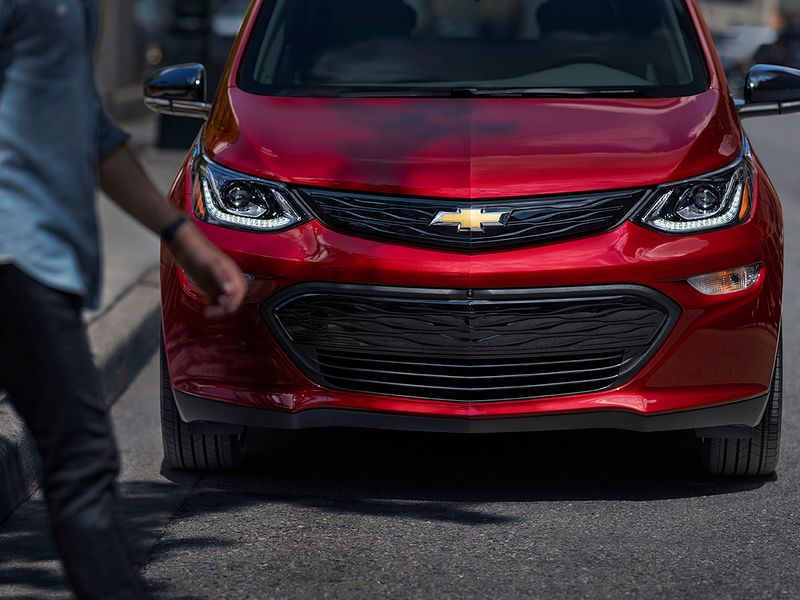
NHTSA is giving automakers an additional six months to fully comply with a rule that requires hybrid and electric vehicles to emit alert sounds to warn pedestrians of their approach.
The agency — responding to an emergency petition submitted by the Alliance for Automotive Innovation — said it is giving the industry more time because of disruptions in global supply chains caused by the coronavirus pandemic and significant economic effects.
“The automotive industry in the U.S. was especially afflicted by the shutdowns as vehicle production came to a halt,” NHTSA said in an interim final rule. “Automotive supply chains were decimated with production of parts similarly halted.”
NHTSA said it agrees with the alliance that the “unprecedented disruptions” to auto manufacturing caused by the COVID-19 crisis make compliance with the original phase-in schedule “impractical and warrant appropriate regulatory relief.”
The Alliance for Automotive Innovation and the National Federation of the Blind in a joint statement Friday said they appreciated the Department of Transportation’s decision.
“Earlier this year, all North American auto manufacturing facilities shut down for the first time since World War II, which impacted the ability of manufacturers to fully implement the quiet car rule,” the associations said. “DOT’s grant of limited flexibility will help ensure that the public — and particularly blind, low-vision and other road users — will have the important safety benefits of sound-generating systems on electric and hybrid electric vehicles without unnecessary delay.”
The agency in February 2018 finalized rules requiring EVs and hybrids — or “quiet” vehicles — to meet minimum sound requirements to help pedestrians, bicyclists and other road users detect their presence and reduce the risk that these vehicles will be involved in low-speed pedestrian crashes.
The phase-in requirement began in September 2019, with full compliance slated to begin Tuesday. Under that schedule, 50 percent of EVs and hybrids manufactured between Sept. 1, 2019, and Aug. 31, 2020, and all EVs and hybrids manufactured on or after Sept. 1, 2020, must comply with the federal safety standard.
The new phase-in period will be adjusted to March 1 and end Feb. 28, 2021. NHTSA said it is not changing the required 50 percent phase-in threshold.
The agency also did not immediately grant the alliance’s request for a yearlong deferment of the full compliance date. Instead, automakers have until March 1, 2021, to be fully compliant with the rule.